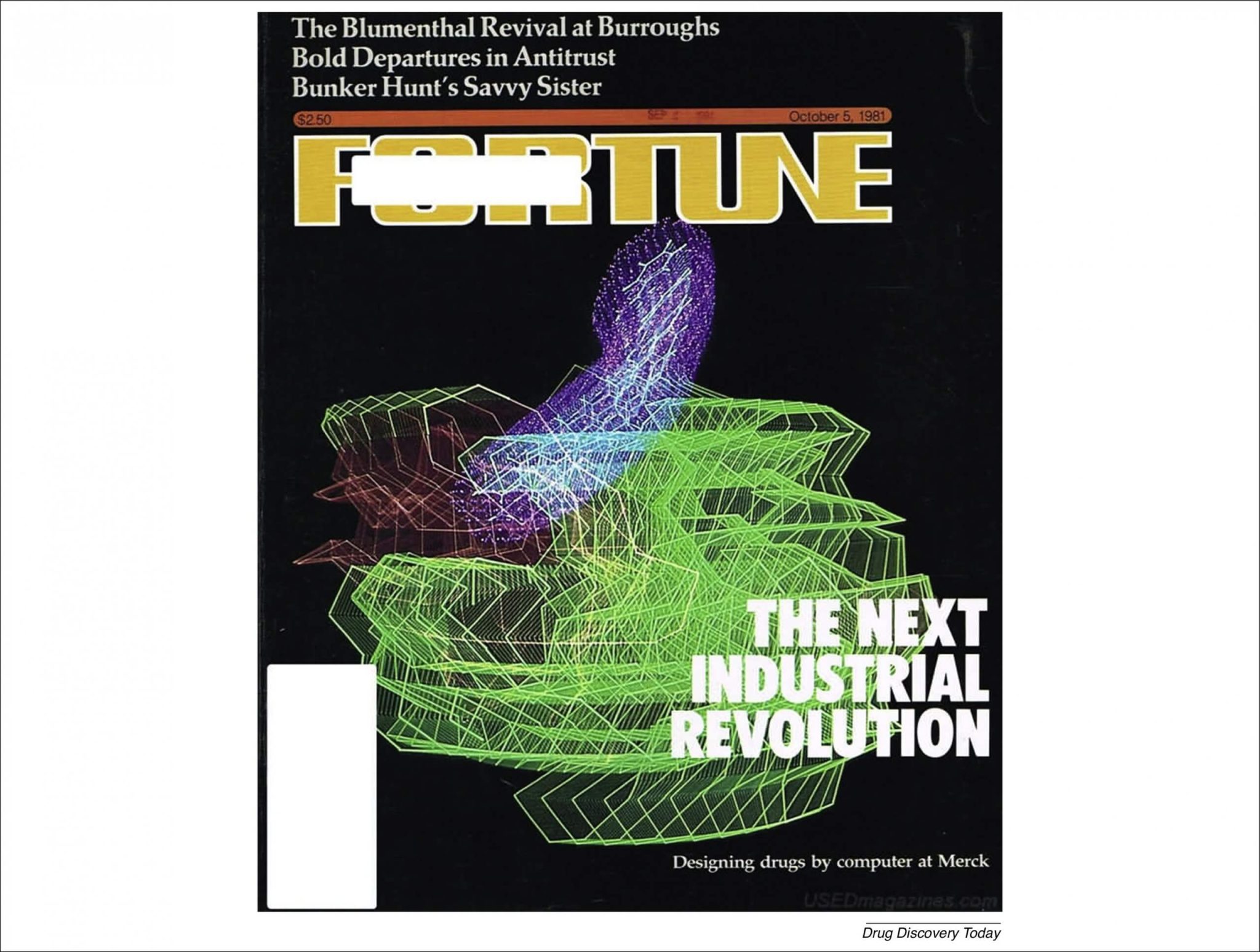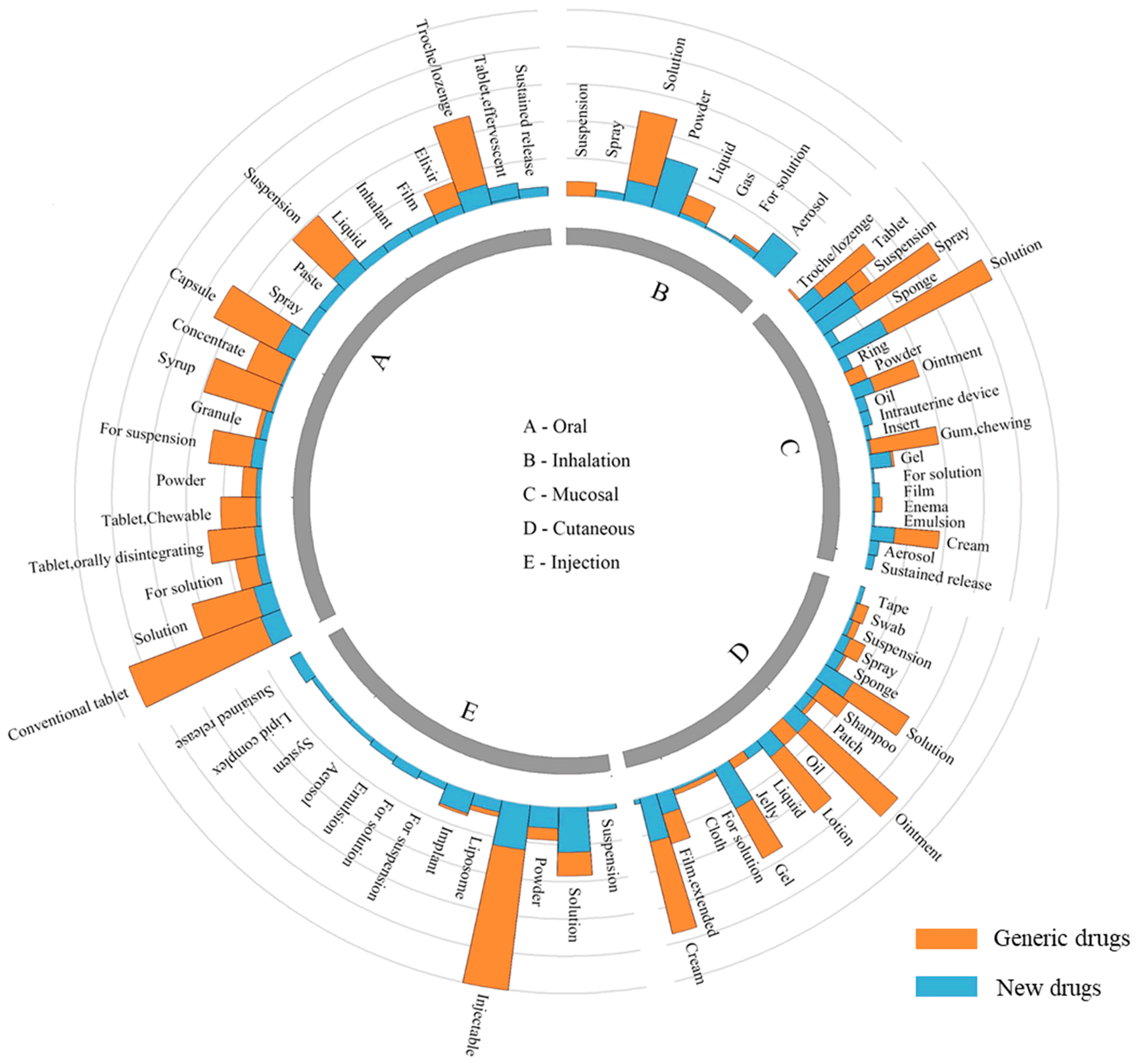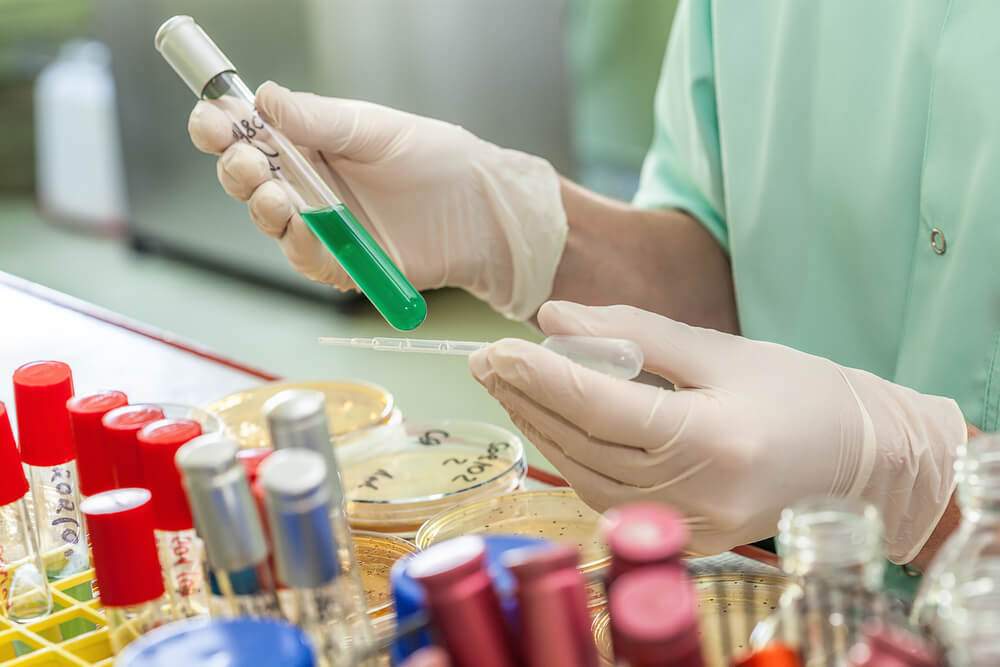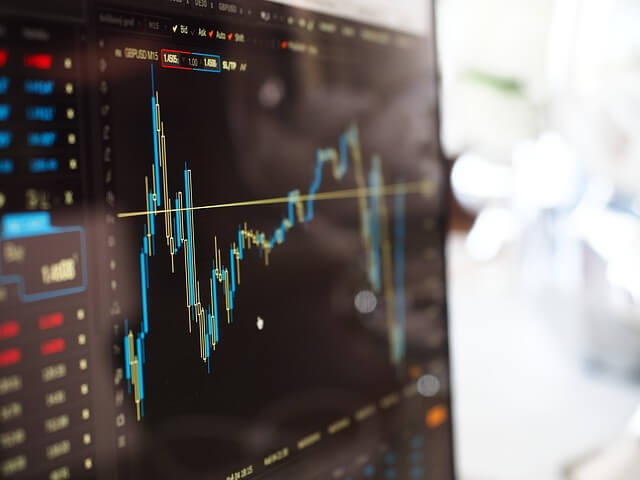Can blockchain technology be the silver bullet to eradicate the menace of counterfeit drugs? As we delve into this critical issue, we’ll explore how this revolutionary technology might just be the game-changer the pharmaceutical industry has been waiting for.
The Counterfeit Drug Crisis: A Global Epidemic
Counterfeit drugs are not just a minor inconvenience; they’re a global epidemic that threatens lives and undermines trust in healthcare systems worldwide. The World Health Organization (WHO) estimates that up to 1 in 10 medical products in low- and middle-income countries is substandard or falsified. This staggering statistic underscores the urgency of finding a solution to this pervasive problem.
The Human Cost of Fake Pharmaceuticals
Behind the numbers lie real human tragedies. Counterfeit drugs can lead to treatment failure, increased antimicrobial resistance, and even death. In some cases, these fake medications contain harmful substances that cause direct harm to patients. The economic impact is equally devastating, with billions of dollars lost annually to this illicit trade.
The Challenge of Traditional Anti-Counterfeiting Measures
Traditional methods of combating counterfeit drugs, such as holograms and serial numbers, have proven inadequate in the face of increasingly sophisticated counterfeiting techniques. These measures are often easily replicated by skilled counterfeiters, leaving patients and healthcare providers in a constant state of uncertainty.
Enter Blockchain: A New Hope in the Fight Against Fakes
Blockchain technology, with its inherent properties of transparency, immutability, and decentralization, offers a promising solution to the counterfeit drug problem. But how exactly can this digital ledger technology make a difference in the physical world of pharmaceuticals?
The Fundamentals of Blockchain
At its core, blockchain is a distributed ledger technology that records transactions across a network of computers. Each ‘block’ in the chain contains a number of transactions, and once recorded, the data in any given block cannot be altered retroactively without altering all subsequent blocks.
“Blockchain is to Bitcoin, what the internet is to email. A big electronic system, on top of which you can build applications. Currency is just one.” – Sally Davies, FT Technology Reporter
This fundamental characteristic of blockchain makes it an ideal candidate for tracking the journey of pharmaceuticals from manufacture to consumption.
Traceability: Following the Drug’s Journey
One of the most powerful applications of blockchain in the pharmaceutical industry is its ability to create an unbroken chain of custody for each drug. Every step of a medication’s journey, from raw materials to the patient’s hands, can be recorded on the blockchain.
From Factory to Pharmacy: A Transparent Trail
Imagine a scenario where each batch of medication is assigned a unique identifier at the point of manufacture. This identifier is then updated at every stage of the supply chain:
- Raw material sourcing
- Production
- Quality control
- Packaging
- Distribution
- Wholesaler receipt
- Pharmacy inventory
- Dispensing to patient
Each of these steps is recorded as a transaction on the blockchain, creating an immutable record of the drug’s journey. This level of traceability makes it extremely difficult for counterfeit drugs to enter the legitimate supply chain undetected.
The Blockchain Advantage: Key Features in Fighting Fakes
Blockchain technology brings several unique advantages to the table in the fight against counterfeit drugs. Let’s explore these features and how they contribute to a more secure pharmaceutical supply chain.
Immutability: The Unalterable Ledger
One of blockchain’s most powerful features is its immutability. Once a transaction is recorded on the blockchain, it becomes practically impossible to alter or delete. This characteristic ensures that the history of a drug’s journey through the supply chain remains intact and tamper-proof.
Dr. Maria Thompson, a pharmaceutical supply chain expert, explains:
“The immutability of blockchain records provides an unprecedented level of trust in the data. This is crucial in an industry where the authenticity of products can mean the difference between life and death.”
Decentralization: Distributing Trust
Unlike traditional centralized databases, blockchain operates on a decentralized network. This means that no single entity has control over the entire system, making it much more resilient to attacks or manipulation.
Smart Contracts: Automating Compliance
Smart contracts, self-executing contracts with the terms of the agreement directly written into code, can play a crucial role in ensuring compliance throughout the supply chain. These contracts can automatically verify that each step in the process meets predefined criteria before allowing the drug to move to the next stage.
Implementing Blockchain in the Pharmaceutical Supply Chain
While the potential of blockchain in combating counterfeit drugs is clear, implementing this technology across the complex pharmaceutical supply chain presents its own set of challenges and opportunities.
The Technical Infrastructure
Implementing a blockchain solution requires a robust technical infrastructure. This includes:
- Secure nodes for each participant in the supply chain
- Integration with existing inventory management systems
- User-friendly interfaces for data input and retrieval
- Scalable blockchain platforms capable of handling millions of transactions
Stakeholder Collaboration: A Crucial Element
For a blockchain solution to be effective, it requires the participation and collaboration of all stakeholders in the pharmaceutical supply chain. This includes:
- Drug manufacturers
- Distributors
- Wholesalers
- Pharmacies
- Regulatory bodies
- Healthcare providers
- Patients
Each of these stakeholders must be willing to adopt the technology and contribute to the blockchain network.
Regulatory Considerations
The implementation of blockchain in the pharmaceutical industry must navigate complex regulatory landscapes. Regulatory bodies such as the FDA in the United States and the EMA in Europe will play a crucial role in setting standards and guidelines for blockchain adoption.
“Blockchain has the potential to transform healthcare, placing the patient at the center of the healthcare ecosystem and increasing the security, privacy, and interoperability of health data.” – Deloitte Global Life Sciences and Health Care Industry Leader
Real-World Applications: Blockchain in Action
Several initiatives and pilot projects are already underway, demonstrating the potential of blockchain in securing the pharmaceutical supply chain.
Case Study: MediLedger Project
The MediLedger Project, a collaborative effort involving major pharmaceutical companies, has been working on a blockchain-based system to meet the track-and-trace requirements of the US Drug Supply Chain Security Act (DSCSA).
Key features of the MediLedger system include:
- Verification of drug provenance
- Real-time notification of suspicious products
- Streamlined recall processes
Early results from the project have been promising, with participants reporting improved efficiency and enhanced ability to detect potential counterfeits.
Global Initiatives: WHO Blockchain Project
The World Health Organization has also recognized the potential of blockchain in combating counterfeit drugs. In 2019, the WHO announced a blockchain-based project to help identify and combat fake medicines in developing countries.
The project aims to:
- Create a global database of authentic drugs
- Provide a mobile app for consumers to verify drug authenticity
- Facilitate information sharing between regulatory bodies
Challenges and Limitations: The Road Ahead
While blockchain shows great promise in the fight against counterfeit drugs, it’s not without its challenges and limitations.
Scalability Concerns
One of the primary challenges facing blockchain implementation in the pharmaceutical industry is scalability. The global pharmaceutical supply chain involves billions of transactions annually. Current blockchain technologies may struggle to handle this volume of data without significant improvements in transaction processing speeds.
Cost of Implementation
Implementing a blockchain solution across the entire pharmaceutical supply chain would require substantial investment. This includes costs for:
- Hardware and software infrastructure
- Training and education
- System integration
- Ongoing maintenance and upgrades
The pharmaceutical industry will need to weigh these costs against the potential benefits of reduced counterfeiting.
Privacy and Data Protection
While blockchain offers enhanced security, it also raises questions about data privacy. Striking the right balance between transparency and protecting sensitive information will be crucial for widespread adoption.
Technological Literacy
For blockchain to be effective, all participants in the supply chain must be able to interact with the technology. This requires a certain level of technological literacy, which may be a challenge in some parts of the world.
The Future of Pharma: A Blockchain-Enabled Vision
As we look to the future, the potential impact of blockchain on the pharmaceutical industry extends far beyond just combating counterfeit drugs.
Enhanced Drug Development
Blockchain could revolutionize the drug development process by:
- Streamlining clinical trials through improved data management
- Facilitating collaboration between researchers
- Enhancing the security and integrity of research data
Personalized Medicine
The secure, patient-centric data management enabled by blockchain could pave the way for more personalized medicine. Patients could have greater control over their health data, sharing it securely with healthcare providers and researchers as needed.
Global Health Initiatives
Blockchain could play a crucial role in global health initiatives by:
- Improving vaccine distribution in developing countries
- Facilitating the sharing of critical health data during pandemics
- Enhancing the coordination of international aid efforts
Key Takeaways
As we conclude our exploration of blockchain’s potential to combat counterfeit drugs, let’s recap the key points:
- Counterfeit drugs pose a significant global health threat, with traditional anti-counterfeiting measures proving inadequate.
- Blockchain technology offers unique features such as immutability, traceability, and decentralization that make it well-suited to securing the pharmaceutical supply chain.
- Implementation of blockchain in the pharmaceutical industry requires collaboration between multiple stakeholders and navigation of complex regulatory landscapes.
- Real-world initiatives like the MediLedger Project and WHO’s blockchain project are already demonstrating the technology’s potential.
- Challenges such as scalability, implementation costs, and privacy concerns need to be addressed for widespread adoption.
- The future potential of blockchain in pharma extends beyond anti-counterfeiting to areas like drug development, personalized medicine, and global health initiatives.
While blockchain may not be a panacea for all the challenges facing the pharmaceutical industry, it undoubtedly offers a powerful tool in the fight against counterfeit drugs. As the technology matures and adoption increases, we may indeed see a future where the authenticity of every pill can be verified with the scan of a smartphone.
The journey to this blockchain-enabled future is just beginning, but the potential to save lives and restore trust in our global healthcare system makes it a journey well worth taking.
FAQs
- Q: How does blockchain verify the authenticity of drugs?
A: Blockchain creates an immutable record of each drug’s journey through the supply chain, from manufacture to dispensing. Each transaction is recorded and can be verified, making it extremely difficult for counterfeit drugs to enter the legitimate supply chain undetected. - Q: Can blockchain completely eliminate counterfeit drugs?
A: While blockchain significantly enhances our ability to detect and prevent counterfeit drugs, it’s not a silver bullet. It’s a powerful tool that, when combined with other measures, can greatly reduce the prevalence of counterfeit drugs. - Q: What are the main challenges in implementing blockchain in the pharmaceutical industry?
A: Key challenges include scalability to handle large transaction volumes, the cost of implementation, ensuring data privacy, and achieving widespread adoption across all stakeholders in the supply chain. - Q: How does blockchain compare to other anti-counterfeiting technologies?
A: Blockchain offers unique advantages such as immutability and decentralization that traditional anti-counterfeiting measures lack. It provides a more comprehensive and tamper-proof solution compared to methods like holograms or serial numbers. - Q: How can consumers benefit from blockchain in pharmaceuticals?
A: Consumers could potentially verify the authenticity of their medications using blockchain-enabled apps. This would provide greater peace of mind and help ensure that they are receiving genuine, safe medications.
























